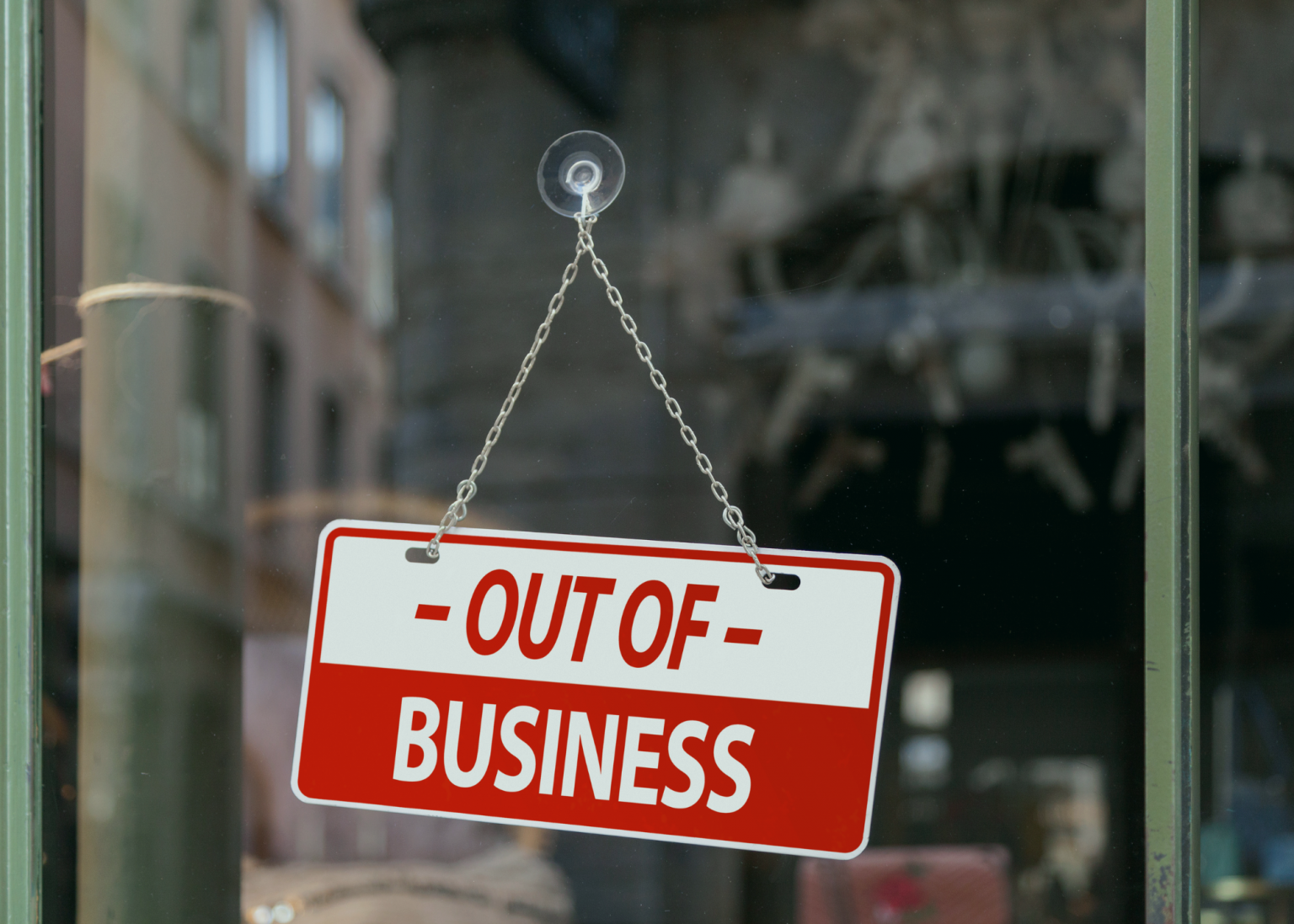Key Takeaways
-
Your mortgage terms remain the same even if your lender goes bankrupt.
-
Escrow funds are protected and move safely to your new servicer.
-
Payments must continue to avoid late fees or foreclosure.
-
Loan transfers are common, even outside of lender bankruptcies.
When a mortgage company goes bankrupt, many homeowners worry about how it affects their loan, payments, or closing process. The truth is, your mortgage terms typically remain the same, even if your lender shuts down. However, the transition can still be confusing if you don’t understand what to expect.
If Your Lender Goes Bankrupt Before Closing
If your mortgage lender files for bankruptcy before closing, your financing process may face some interruptions. However, your funds remain protected and can be transferred to a new lender.
| Situation | What It Means | What You Should Do |
| Escrow funds remain protected | Any money deposited into escrow is legally safeguarded. | Confirm your escrow account details and request written verification. |
| You’ll need a new lender | The bankrupt lender stops underwriting new loans. | Contact another lender immediately to resume your approval process. |
| Delays are likely | Changing lenders can extend your closing timeline. | Work with your real estate agent to inform the seller and renegotiate deadlines if needed. |
Tip: If you’ve already been preapproved by multiple lenders, transitioning to a new lender can happen more smoothly.
If Your Mortgage Servicer Goes Out of Business After Closing
If your mortgage company goes bankrupt after your loan closes, the situation is much simpler. Your loan won’t disappear — it will transfer to another servicer.
| Step | What Happens |
| A governing agency steps in | The FDIC (for banks) or NCUA (for credit unions) assumes control of the lender’s assets, including your loan. |
| Your loan is transferred or sold | Another company purchases your mortgage. You’ll receive a written notice within 30 days from both your old and new servicers. |
| Your loan terms remain unchanged | Your interest rate, monthly payment, and repayment schedule stay the same. |
You’ll simply make payments to a new company once the transfer is complete.
Do You Still Have to Pay Your Mortgage?
Yes. Even if your lender goes bankrupt, your legal obligation to pay your mortgage continues. Missing payments could lead to late fees or foreclosure from the new loan holder. Most lenders provide a brief grace period during the transition, but it’s essential to stay current.
How to Find Out Who Owns Your Loan
If you’re unsure who currently holds your loan, use these resources:
| Method | Description |
| Check your latest mortgage statement | It lists your servicer’s name and contact details. |
| Use Fannie Mae or Freddie Mac lookup tools | Search online to verify if either agency owns your loan. |
| Contact your escrow company or previous lender | They can confirm who your new servicer is. |
Remember, even outside of bankruptcy situations, mortgage servicing rights are often sold between lenders.
How to Handle a Loan Transfer
When your mortgage moves to a new company, organization is key.
- Keep making payments – Continue paying your current servicer until you receive official notice of the transfer.
- Verify payment details – Confirm the new lender’s mailing address or online payment link.
- Update autopay settings – Set up a new account if you use automatic payments.
- Store documentation safely – Keep copies of all loan and transfer paperwork for future reference.
The Bottom Line
If your mortgage lender goes out of business, don’t panic. Your loan remains an asset that will transfer to another lender, and your terms won’t change. By staying organized, maintaining on-time payments, and verifying all communications, you can ensure a smooth transition and protect your homeownership investment.
FAQs About Loan Transfers
No SSN required. Zero impact to credit. Your Information is never sold.



